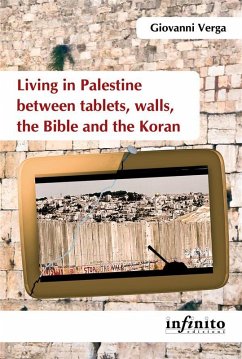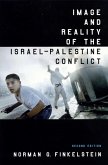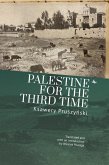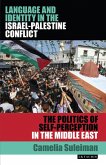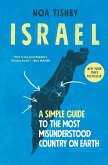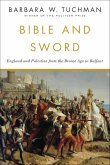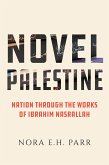"Living in Palestine between Tablets, Walls, The Bible and The Koran" is a book that reports the daily life in West Bank through population's direct experiences and the reconstruction of historical facts almost unknown or forgotten. Not only the check points, the Barrier of separation, the huge burocratic difficulties are under the lens. In fact the book focuses also on another Palestine, the one that more and more uses the most sophisticated technologies, especially in computer field, the Palestine of the entrepreneurship of the youngest people as well, especially women, who are the majority of the universities students by now. For everybody West Bank means strong laws imposed on Palestinian people, continuous clashes and violences, Jews settlements where settlers live shut in, like prisonners, the oldest refugee camps all around the world where 2/3 of Palestinian people live. Actually it is much more than this, even if international media don't mention it, because they are completely focused on the endless conflict. The book reveals these unespected faces of the Palestinian life. "I met Giovanni Verga sitting in a coffee shop, in an Arabic garden near Damascus Gate. He was leaving for his journey towards Palestine's lands and lives. He had already read the poets and the books, memorized the analyses, kept the chronicles. He laked the daily voices, which he found later and tells us in this book: voices essential to those who write about an invisible State with uncertain boundaries, full of colonies, deprived of olive trees. He speaks about a place that has only memory of tragedies (the Nakba) and that invents its own life into a grey, boycotted daily life, ruled by a corrupted political class, where resigned people suffer". (Francesco Battistini, former Jerusalem correspondent for the Italian daily newspaper "Il Corriere della Sera" )
Dieser Download kann aus rechtlichen Gründen nur mit Rechnungsadresse in A, B, BG, CY, CZ, D, DK, EW, E, FIN, F, GR, HR, H, IRL, I, LT, L, LR, M, NL, PL, P, R, S, SLO, SK ausgeliefert werden.

